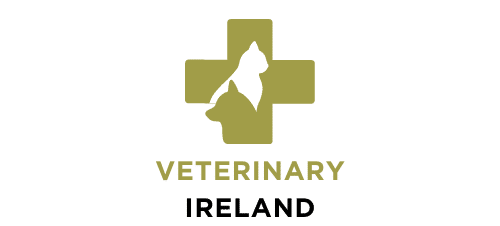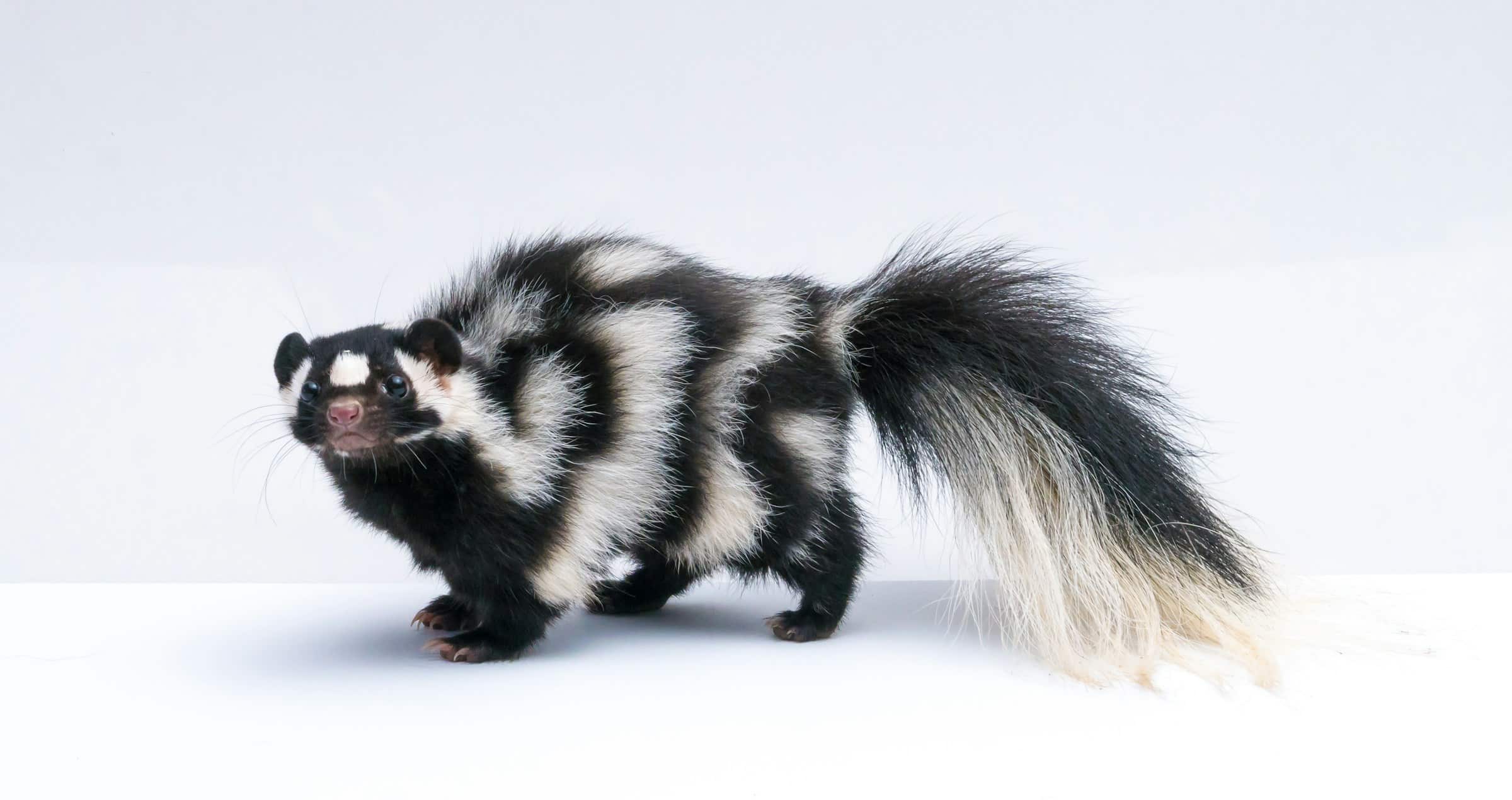In the vast spectrum of possible pets, skunks, though unusual, have been reported as endearing and intelligent animals that some people choose to share their homes with. This article aims to provide a comprehensive guide to those endeavouring to safely rehome a pet skunk in urban areas of the UK, addressing key elements such as the animal’s health and welfare, legal requirements, and recommended practices for the benefit of both pet and owner.
Understanding The Species
Before embarking on the process of rehoming a pet skunk, it’s crucial to understand the nature and needs of the species. Skunks, while often domesticated, are still closely connected to their wildlife counterparts. They are highly intelligent, curious and require a significant amount of attention and stimulation.
Lire également : Can you effectively teach a pet owl to respond to basic commands in an indoor environment?
Just like dogs or cats, pet skunks need a balanced diet, regular exercise, and regular veterinary care. Skunks are omnivorous, but their diet in captivity should primarily consist of lean proteins, vegetables, and fruits. Regular exercise is also essential for their physical and mental wellbeing.
A well-informed skunk owner will also be aware of the potential health issues that this species can encounter. Skunks are susceptible to various diseases such as obesity, dental disease, and even rabies. Regular veterinary visits are necessary to maintain their health and detect any potential issues early.
Avez-vous vu cela : How to develop a training routine for a Clumber Spaniel that minimizes risk of joint injuries?
Legal Requirements For Skunk Ownership In The UK
In the United Kingdom, the ownership of certain animals is regulated under the Dangerous Wild Animals Act 1976. Fortunately for potential skunk owners, the law does not list skunks as dangerous wild animals, meaning that they can be legally owned without a specific license.
However, it’s essential to note that while skunks fall under the general umbrella of “exotic pets,” they are not considered as such for the purposes of the law. Instead, they are classified as ‘wild animals kept in captivity’, which means specific welfare standards must be met under the Animal Welfare Act 2006.
These standards include providing a suitable living environment and diet, allowing the animal to exhibit normal behaviour patterns, housing them with, or apart from, other animals as required, and protecting them from pain, suffering, injury, and disease.
Preparing For Rehoming
Before rehoming a skunk, you should thoroughly assess the suitability of the new home and potential owner. Skunks are not low-maintenance pets and their upkeep requires commitment. Prospective owners should demonstrate an understanding of the species’ needs and a willingness to provide the necessary care.
When it comes to the rehoming venue, check that it’s adequately prepared to house a skunk. Essential features include a safe, secure indoor space for the skunk to sleep and play, as well as access to an outdoor area for exercise and exploration, properly fenced to prevent escape.
It’s also recommended that the skunk be neutered or spayed before rehoming, as the breeding of pet skunks is discouraged due to the high prevalence of genetic issues within the captive population.
Finding A New Home: The Role Of Rescue Centres And Animal Welfare Groups
Finding a suitable home for a skunk can be a challenging task, especially in urban areas where potential owners may live in apartments or have limited outdoor spaces. A great resource in this regard is animal rescue centres and welfare groups, which often have programs in place to facilitate the rehoming of exotic pets.
These centres will typically have a network of volunteers and potential adopters who are educated and prepared to take on the responsibility of a skunk. They can also provide valuable advice on how to care for the animal and ensure it transitions smoothly into its new home.
Post-Rehoming: Ensuring Continued Welfare
Once the skunk has been rehomed, it’s essential to ensure its ongoing welfare. The new owner should be encouraged to establish a relationship with a local veterinarian who is familiar with exotic pets and can provide appropriate health care.
Post-adoption check-ins can also be beneficial, allowing you to ensure that the skunk is adapting well to its new environment and that the new owner is managing the responsibilities associated with skunk ownership. In these ways, you can feel confident that the rehoming process was carried out safely and effectively, with the skunk’s welfare firmly in mind.
While the rehoming of a pet skunk might seem like a daunting task, it’s entirely possible with careful planning, research, and dedication. By understanding the unique needs of the species, meeting legal requirements, preparing thoroughly for rehoming, utilising resources such as rescue centres, and ensuring the skunk’s continued welfare, you will be well on your way to successfully rehoming a pet skunk in an urban area of the UK.
Involvement of Animal Shelters and Welfare Organizations
Animal shelters and welfare organizations play a critical role in the successful rehoming of pet skunks. They have the necessary resources and expertise to help in finding suitable homes for skunks while ensuring all legal and welfare requirements are met.
First, they have an established network of potential adopters who have demonstrated commitment and responsibility in pet ownership. These individuals or families have been vetted and educated about the specific needs of skunks, making them ideal candidates for adoption. Many of these potential adopters reside in urban areas and are prepared to provide the necessary environment for skunks, including secure indoor spaces and fenced outdoor areas.
Second, they provide support and guidance throughout the rehoming process. For instance, they can give valuable advice on how to prepare the skunk for rehoming, such as neutering or spaying, and the transition to a new home. They also offer post-adoption services such as check-ins and ongoing advice, ensuring that the skunk is settling in well and the new owner is coping with the responsibilities of skunk ownership.
Lastly, they can liaise with local veterinarians who are experienced in dealing with skunks and other exotic pets. This ensures that the pet skunk gets the necessary veterinary care it needs to stay healthy and happy.
Conclusion: A Holistic Approach to Skunk Rehoming
In conclusion, rehoming a pet skunk in an urban area of the UK requires a thoughtful, holistic approach. It necessitates a deep understanding of skunks as a species, their unique needs, and potential health issues. It involves meeting legal requirements as per the Animal Welfare Act 2006 with regard to suitable housing and care.
Preparing the skunk and the new home for rehoming is essential. The new home must be secure, and the potential owner should demonstrate a willingness to provide balanced care for the skunk. The animal’s welfare must be the guiding principle throughout the rehoming process.
Utilizing resources such as animal rescue centres and welfare groups can ease the rehoming process. They provide a valuable network of potential adopters, post-adoption services, and links to veterinarians experienced in exotic pet care.
In the end, the goal is to ensure a smooth transition for the skunk to its new home, where it will continue to receive the care and attention it deserves. This starts with the initial decision to rehome the skunk and carries on long after the skunk has settled into its new environment. By adopting a comprehensive, holistic approach, we can ensure that skunks and their new owners have a successful, fulfilling experience in pet ownership.











